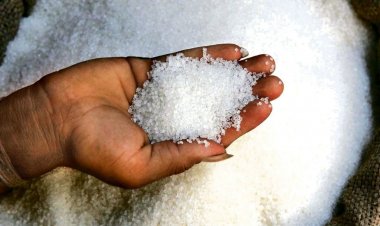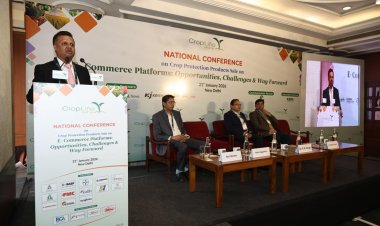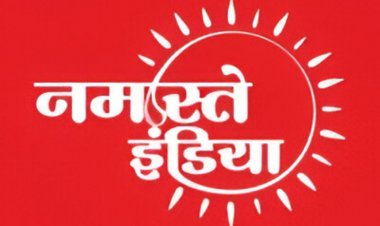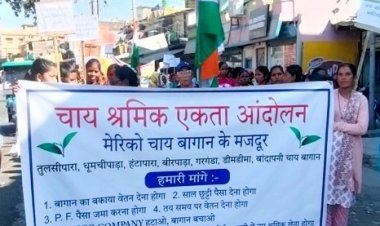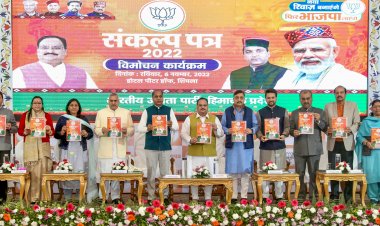Cane price arrears may jump very fast to uncomfortable levels
Low sugar prices, much below the cost of production for the last several months, have adversely affected the liquidity of mills and their ability to pay the FRP to cane farmers. It is feared that if such a situation persists cane price arrears will jump very fast to uncomfortable levels.
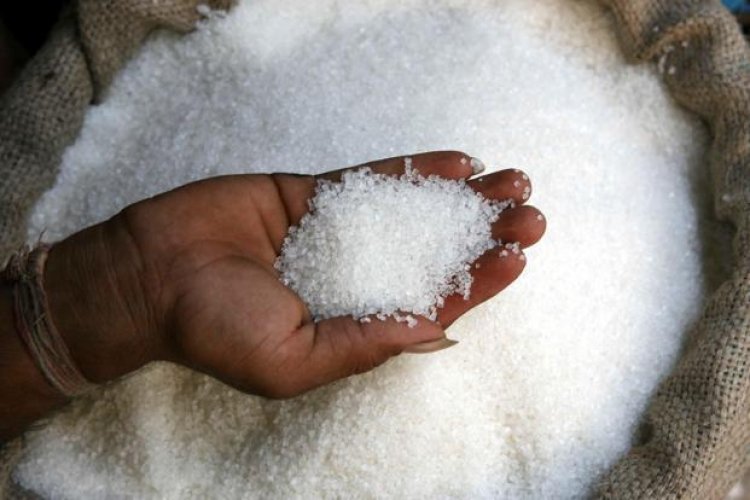
According to the Indian Sugar Mills Association (ISMA), the 502 sugar mills that started operations in 2020-21 sugar season (SS) have produced 233.77 lakh tonnes (lt) of sugar till February 28 this year. The sugar season starts on October 1. In 2019-20 SS, 453 sugar mills had produced 194.82 lt of sugar till 29 February 2020.
98 sugar mills across the country have ended their operations by 28 February during this sugar season. Last year, 70 sugar mills had closed their crushing operations as of 29 February 2020.
As per ISMA figures, Maharashtra tops the production chart in 2020-21 SS so far. Sugar production in the state till February 28 was 84.85 lt, compared with 50.70 lt produced last year in the same period. In 2020-21 SS, out of 188 sugar mills that operated, 12 have ended their crushing due to the non-availability of cane in their area, most of them in the Solapur region. Last year in the same period, 25 sugar mills had ended their operations for SS 2019-20, but that was out of 145 mills that had operated last year. In other words, as of 28 February 2021, 176 sugar mills were crushing as against 120 sugar mills last year on 29 February 2020.
Uttar Pradesh (UP) and Karnataka stand second and third respectively in 2020-21 SS. In UP, 109 sugar mills are in operation currently, while 11 mills have stopped their crushing operations, most of them in the Eastern UP region. These mills in the State have produced 74.20 lt of sugar till 28 February 2021, compared with 76.86 lt produced by 119 mills as of 29 February 2020.
In the case of Karnataka, till 28 February 2021, 66 sugar mills operated and have produced 40.53 lt, as compared to 32.60 lt produced by 63 sugar mills which operated last year, till 29 February 2020. During the current season, 52 mills have already ended their crushing. Last year in the same period, 34 sugar mills had ended their crushing operations by 29 February 2020.
Gujarat has produced 7.49 lt of sugar till February 28 this year as against 6.83 lt till February 29 last year. The sugar mills in Karnataka have notched a production of 3.16 lt this year as against 3.37 lt last year during the same period. The remaining states of Andhra Pradesh, Telangana, Bihar, Uttarakhand, Punjab, Haryana, Madhya Pradesh, Chhattisgarh, Rajasthan and Odisha have collectively produced 23.54 lt of sugar till 28 February this year.
As per market reports, the ex-mill prices in most of the states are under pressure and are showing a downward trend as average prices in Tamil Nadu are hovering in the Rs 3200-3225 per quintal range, while in the northern states the ex-mill prices are in the range of Rs 3160-3180 per quintal. The ex-mill prices in Maharashtra and Karnataka are reeling at the Minimum Support Price (MSP) of sugar.
The current prices are almost Rs 80-100 per quintal less than what was prevailing a year back during the corresponding period. This is not a good sign as low sugar prices, much below the cost of production for the last several months, have adversely affected the liquidity of mills and their ability to pay the Fair and Remunerative Price (FRP) to the cane farmers. It is feared that if such a situation persists then cane price arrears will jump very fast to uncomfortable levels.
ISMA feels that a solution to this problem is the upward revision of the MSP of sugar by the Government. The MSP was last revised two years ago when the FRP of sugarcane was at Rs 275 per quintal. Since the Government has already increased the FRP of sugarcane by Rs 10 per quintal for the current year, there is the need to increase the MSP of sugar to Rs. 34.50 per kg. Besides, there is the need to quickly decide on increasing the MSP of sugar to ensure that sugar mills are able to pay the farmers on time.
On the export front, mills are facing problems of shortage of trucks and containers as well as adequate availability of vessels at the ports. These problems have already been taken up with the Government and the concerned authorities, says ISMA. The Association hopes for an early solution to these problems, especially as around 32 lt of export contracts have been entered into at the end of Feb’2021.
ISMA has lauded the proactive step taken by the Visakhapatnam Port Trust for the provision of priority berthing of vessels intending to load export sugar. One hopes other ports will also come up with such preferences for sugar exports.



 Join the RuralVoice whatsapp group
Join the RuralVoice whatsapp group


















